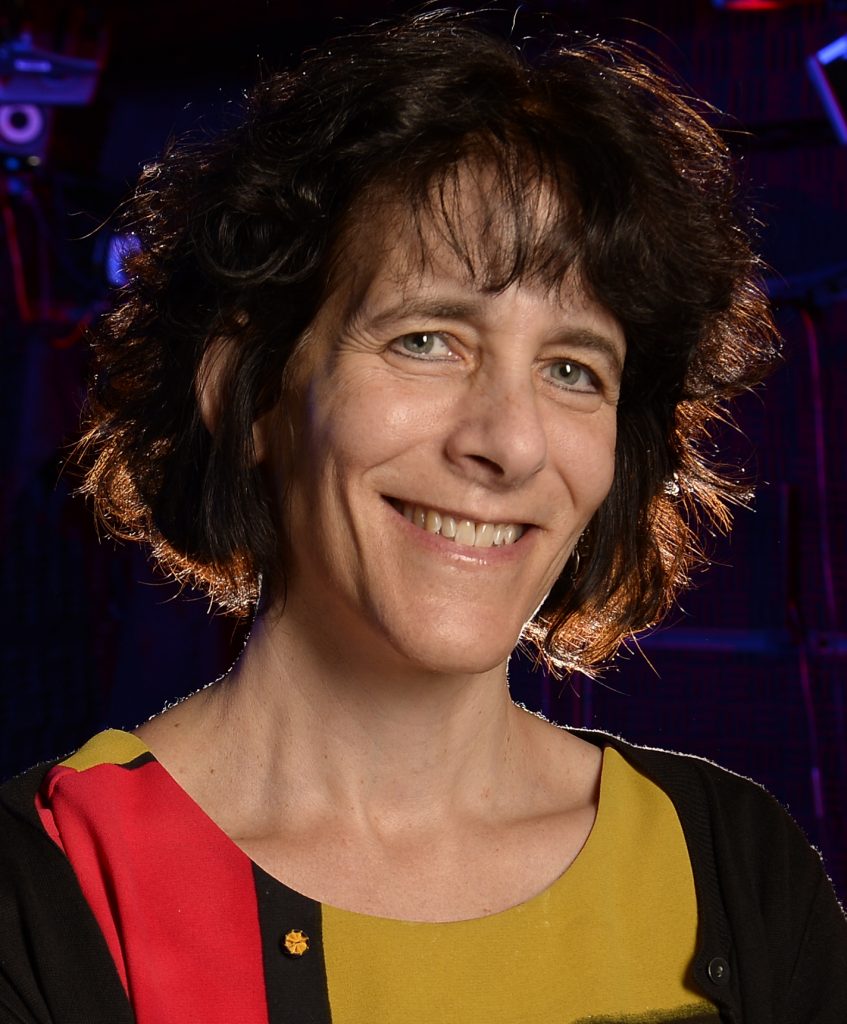Phi Beta Kappa Visiting Scholar Lecture
Using Sound to Navigate the World: Echolocation by Bats and Blind Humans.
Thursday, April 25 | 7:30-9 p.m.
Wriston 224 – Auditorium
Humans tend to rely heavily on vision to navigate, but blind individuals must make use of other senses. In this lecture, Dr. Moss will present details on the sound features that are used for echolocation by animals and blind humans and the acoustic cues they use to localize objects in the environment. She will also discuss the contribution of spatial attention and memory to the execution of behavioral tasks without vision. By comparing echolocating animals and humans, we can identify biological specializations and general principles that operate to support spatial navigation
Learn more about the Visiting Scholars Program and Dr. Cynthia Moss.
RABL Speaker
The role of action in perception of the natural environment
Friday, April 26 | 3:10-4:30 p.m.
Warch 204 – Cinema
As we move through the natural environment, our distance and direction to objects continuously change. How does movement influence perception of the surroundings? Decades of research on perception has measured performance of stationary subjects viewing visual stimuli, and far less is known about perception of freely moving animals that rely on auditory information to guide their actions in the physical world. Dr. Moss’s lecture will attempt to bridge this gap by considering the behavior of animals engaged in natural tasks in complex environments. She will present a variety of examples but will focus on echolocating bats, animals that produce high frequency sounds and process auditory information carried by returning echoes to guide behavioral decisions for object localization, target discrimination, and navigation. I will present research findings that demonstrate the remarkable spatial resolution of animal sonar, which exceeds that of human vision along some dimensions.
About Dr. Moss

Dr. Cynthia Moss received a Bachelor of Science from the University of Massachusetts, Amherst, and a Ph.D. from Brown University. She was a Postdoctoral Fellow in Tübingen, Germany and a Research Fellow at Brown University before joining the faculty at Harvard University in 1989. At Harvard, Moss received the Phi Beta Kappa teaching award and the NSF Young Investigator Award. In 1995, she moved to the University of Maryland, College Park, where she served as Director of the Neuroscience and Cognitive Science Program. In 2014, Moss joined the faculty at Johns Hopkins University, where she is professor of psychological and brain sciences. Her recent awards include the Hartmann Award in Auditory Neuroscience (2017), the James McKeen Cattell Award (2018), and the Alexander von Humboldt Research Prize (2019).
